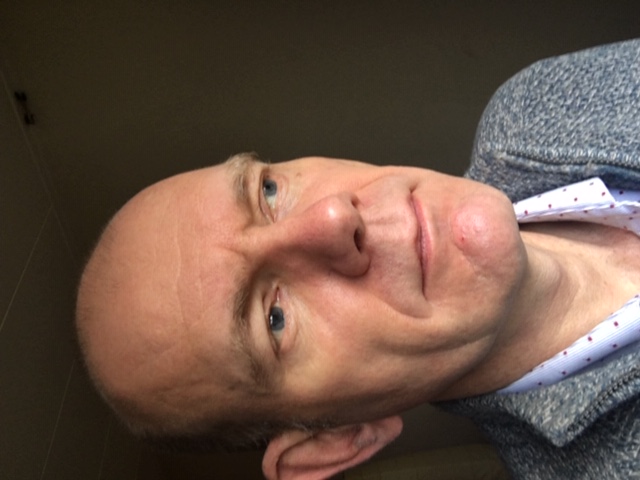Aerosol are tiny air-borne particles, between 0.001 μm (larger than gas molecules) and 10 μ (smaller than cloud droplets, although there is some overlap). These particles are very diverse in size, shape (spherical drops, solid grains, strands) and composition (sulphate, organics, soot, mineral, seasalt etc). Their sources can be natural (e.g. oceans, deserts) or anthropogenic (e.g. industry, transport, agriculture).
Aerosol are ubiquitous and have an impact on both climate and air quality. Their climate impact is uncertain but thought be a cooling effect (aerosol increase reflection of sunlight). Their impact on air quality is negative (these tiny particles can enter the lungs and even the bloodstream) although, again, not understood very well. Aerosols pose a political dilemma, as reductions in anthropogenic emissions will improve air quality but at the same time warm up the climate (as shown e.g. for Europe and the Artic).
We study both aspects of aerosol (climate and air quality) through a combination of models and satellite data. Models are our best option for understanding the global effects of aerosol but are also imperfect. Using satellite and in-situ observations we try to improve models and our understanding of aerosols' role in the climate system and AQ.
In particular, we work on landscape fires (in tropical and boreal regions). These fires emit large amounts of soot which can actually have a warming impact on climate. We also work on inverse emission estimation, i.e. estimating aerosol emissions by combining satellite data and transport modelling.
In the Netherlands we collaborate with SRON on aerosol climate impacts, and TNO on air quality impacts. Nick Schutgens is member of the Scientific Steering Committee of the International AEROCOM organisation (https://aerocom.met.no/).
We work with the models ECHAM-HAM and LOTOS-EUROS, as well as output from the AEROCOM model ensemble and Perturbed Parameter Ensembles (e.g. from HadGEM UKCA). Observational datasets include satellites (e.g. MODIS, CALIOP, POLDER and soon SPEXone), as well as in-situ data (e.g. ACTRIS and flight campaigns). We developed (and continue to develop) one of the first ensemble Kalman filters/smoothers (data assimilation) for aerosol.
